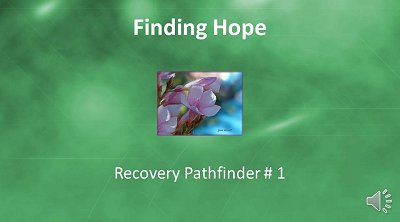
Sadness and anxiety often happen together. It’s common to feel anxiety after the death of a loved one. Grief and anxiety happen together. But, not much attention is given to this side of grief. When you’ve experienced a major loss, it’s easy to feel like you’ve lost control and like the world is no longer the safe and normal place you once knew. When you pair these strong emotions of grief with feelings of helplessness, it’s easy for anxiety to grow.
What is Anxiety?
Anxiety starts as extra worrying that interferes with your everyday life. You may feel a sense of dread or distress for no apparent reason, struggle with concentration, be irritable and on edge, and have trouble eating and sleeping. When anxiety is related to grief, it’s especially common to find yourself having obsessive thoughts. You may think about bad things happening to you or your loved ones. You may even face panic attacks where you have feelings of extreme fear, an increased heart rate, shortness of breath, sweating, and dizziness.
Why Does Grief Cause Anxiety?
When you lose someone close to you, especially if that loss is unexpected, your sense of safety in the world can be shaken to its core. Suddenly you feel powerless and aware of how fragile life is, in a way you’ve never thought of before. You may develop an intense fear of your own death, or begin to worry about how you will manage without your loved one. These feelings can be incredibly stressful, especially when paired with the usual symptoms of grief. You may even have anxiety triggered by a fear of your own grief emotions or a feeling that you’re not able to cope with your grief.
How to Cope?
Dealing with anxiety isn’t easy. Anxiety often comes on unexpectedly and it can be hard to figure out the cause. That makes it more difficult to prepare for or avoid. However, there are some things you can do to cope with anxiety when it hits.
When you feel anxiety coming on, try practicing deep belly breathing. Breathe in slowly, letting your chest and stomach rise as your lungs fill with air, and then breathe out slowly. Breathing deeply and focusing on your breath can help tone down your body’s stress response, heading off an anxiety attack before it starts.
If you find yourself unable to sleep because you can’t turn off your racing thoughts, try playing guided imagery recordings. By guiding your thoughts toward positive imagery and away from unwanted thoughts, guided imagery can help you relax and clear your mind.
Try creating an anchor thought. An anchor thought can help you manage your anxiety when it creeps in. It’s called an “anchor thought” because it helps anchor you to reality and keeps your mind from spiraling into anxious thinking. An anchor thought might involve recalling a happy memory and the positive feelings associated with it. Or, it might be a breathing exercise or mantra you repeat until you’re feeling better.
Consider Seeking Treatment
If your anxiety doesn’t get better as your grief fades, or if it’s interfering with your everyday life, it’s important to seek treatment from a mental health professional. You may choose to talk to a grief counselor, join a support group, seek medication from a psychiatrist, or all three. No matter what you choose, getting help for your anxiety is an important step you can take toward managing your grief.
Recognize Normal Emotions
Anxiety is a normal part of grief. Grief pushes you into a world of intense emotions where nothing feels certain except, perhaps, uncertainty itself. While grieving a loved one can be an incredibly isolating experience, it’s important to remember that intense reactions like anxiety and even depression are normal, and there are experienced professionals who know how to help.
Image via Pixabay by Unsplash
Blog by Jennifer Scott, guest contributor posted 3-13-17
Updated for readability 5-25-20 by Mary Knutson









